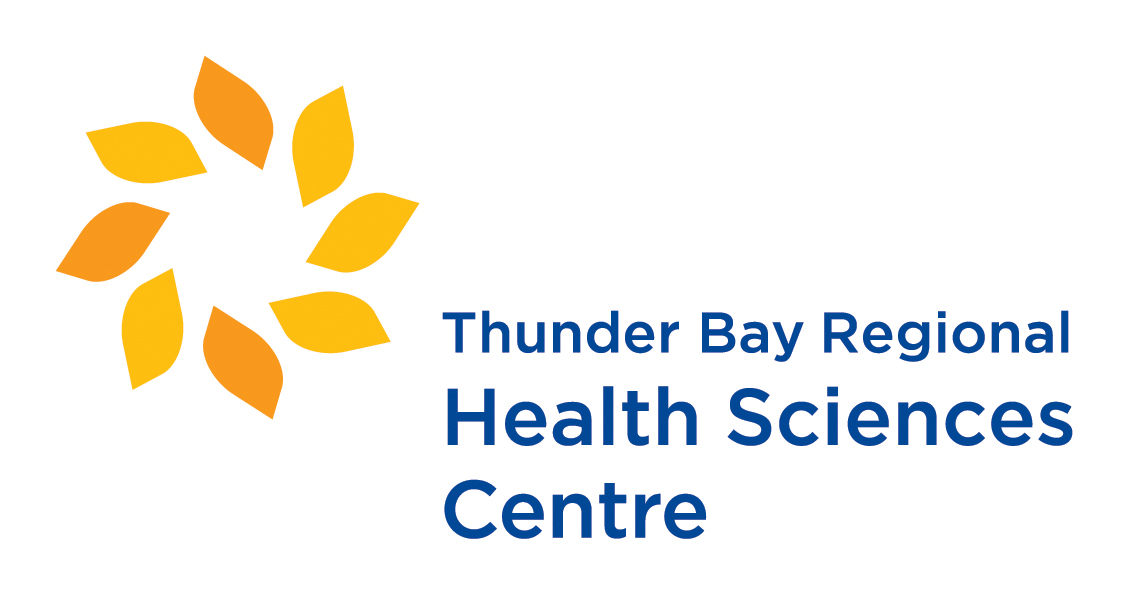(Originally published in Hospital News)

A childhood cancer diagnosis changes every aspect of life as families know it. For Drago and Shanley Pavletic, their new reality also came with many 17-hour drives when their son, Luke, was diagnosed with acute lymphoblastic leukemia, a common childhood cancer with treatment that stretches over years. With limited care options close to home, it meant countless trips from Thunder Bay to London—1,500 kilometres each way—to access specialized care at Children’s Hospital at London Health Sciences Centre (CH, LHSC).
Every trip came at a cost—financially, emotionally, and logistically. While their daughter, Petra, stayed home with grandparents, the rest of the family navigated flight schedules, and when flights were cancelled, they made the hours-long drive—at times through bad weather and car trouble. The family relied on the kindness of friends and extended family, both in Thunder Bay and in London, to hold their life together.
For families like the Pavletics in Northwestern Ontario, that burden has now eased. In June, we at the Pediatric Oncology Group of Ontario (POGO) in partnership with Thunder Bay Regional Health Sciences Centre and Children’s Hospital at London Health Sciences Centre launched the ninth POGO Satellite Clinic. The Clinic provides local outpatient care for children and youth with cancer, closer to home and their support networks. The impact for families is significant. The ability to be at home more often allows families to maintain some semblance of normalcy and return to the daily rhythms of life—like work, school, socializing with friends and family, and participating in favourite activities.
POGO, as the official advisor to the Ontario government on childhood cancer, is the leader of Ontario’s world-class childhood cancer system. Our work is made possible thanks to both provincial government funding, as well as donor support. Together with our partners, we have built a system of care that wraps around families supporting their physical and mental health needs from diagnosis to treatment, to survivorship and, when needed, to end-of-life care.
The existence and expansion of our Satellite Clinic Network isn’t just about convenience. It’s about improving access, ensuring equity, and optimizing outcomes for the 500 children diagnosed with cancer every year in Ontario, and just as many who are seen annually in these Clinics. While children receive their primary cancer care at one of the five specialized pediatric cancer programs in Ontario—in London, Hamilton, Ottawa, Kingston or Toronto—at the appropriate time in their treatment, there is a smooth transition to a care team at a Satellite Clinic to receive aspects of their care locally. The hospital care teams work in tandem, collaborating to deliver quality care in the setting that’s most appropriate to the child’s needs. Satellite Clinic care in community hospitals also frees up much-needed capacity in specialized pediatric cancer programs, while ensuring continuity and timeliness of care. This is a win-win for families and the system.
In 2024 alone, families made 6,500 visits to POGO Satellite Clinics for such services as chemotherapy, x-rays, ultrasounds and managing complications of cancer therapy. That’s 6,500 long-distance trips not taken. With less disruption to family life, it’s improved quality of life.
Care closer to home also lessens the overall financial burden on families. It is estimated that in the first three months after a child’s cancer diagnosis, families spend more than a third of their after-tax income on out-of-pocket costs—much of it on travel. That’s before accounting for lost income when a parent or caregiver leaves work to care for their child.
Outpatient care at POGO Satellite Clinics has also enabled patients to enroll in clinical trials, a core component to continued improved outcomes in pediatric cancer. This is thanks to a framework created by POGO with the Ontario Research Ethics Board (OCREB) to remove geographic barriers to clinical trials typically only accessed in major centres.
Through successive five-year provincial Childhood Cancer Care Plans, produced by POGO and our partners, our vision for care closer to home is clear: timely, equitable care in the right place. This requires strong, ongoing collaboration between POGO, care teams, hospitals, government and other partners. At its core, the POGO Satellite Clinic Network is a care delivery model that supports families like the Pavletics and others with the compassion they require at the most challenging time of their lives.
